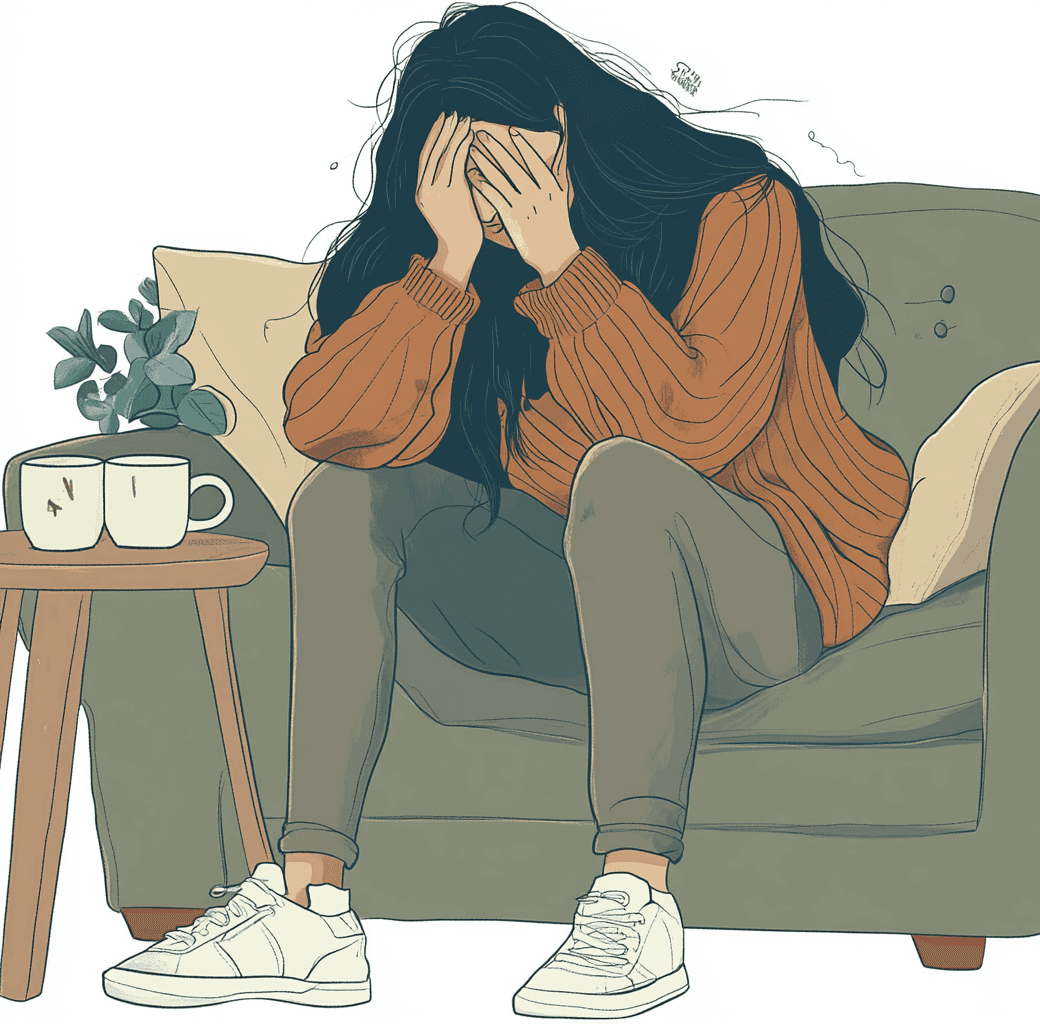Managing Work Anxiety: Strategies for a Healthier Work Life

Work anxiety is a common experience for professionals across various industries, often manifesting through stress, worry, and self-doubt in the workplace. It can stem from high expectations, workload pressures, or even workplace dynamics. For many, these feelings can interfere with productivity and personal well-being. Here, we’ll explore the causes of work anxiety, how it impacts your mental health, and practical strategies to help manage it effectively.
Understanding Work Anxiety
What is Work Anxiety?
Work anxiety refers to the stress, nervousness, or fear that arises in professional settings. It’s different from typical work stress in that it can linger, affecting your mental and physical well-being outside work hours. This anxiety can lead to burnout, impact job satisfaction, and disrupt overall mental health.
Causes of Work Anxiety:
High Expectations: Pressure to meet targets or exceed performance standards.
Workload Overwhelm: Handling excessive tasks or tight deadlines.
Imposter Syndrome: Feeling inadequate despite accomplishments.
Workplace Environment: Interpersonal dynamics or lack of support.
How Work Anxiety Impacts Mental Health
Work anxiety can affect both your mind and body. It may lead to symptoms such as:
Emotional Symptoms: Persistent worry, irritability, or feelings of dread.
Physical Symptoms: Tension headaches, fatigue, and muscle strain.
Cognitive Symptoms: Difficulty concentrating, racing thoughts, or memory issues.
If left unmanaged, work anxiety can escalate, affecting not only your job performance but also your relationships and overall quality of life.
Practical Strategies to Manage Work Anxiety
Set Realistic Goals
Instead of setting overly ambitious goals, break down tasks into smaller, manageable steps. Acknowledge your progress in building confidence and reducing overwhelming feelings.
Practice Mindfulness
Incorporate mindfulness techniques into your daily routine. Simple breathing exercises or short meditation breaks can help you stay grounded and calm, especially during high-stress moments.
Establish Boundaries
Create a clear distinction between work and personal time. Avoid checking work emails after hours and dedicate time for relaxation and hobbies outside work to recharge.
Seek Support
Consider reaching out for help if work anxiety becomes unmanageable. Speaking to a mental health professional can offer tools for coping and new perspectives on handling work-related stress.
When to Seek Professional Help
If work anxiety affects sleep, relationships, or general well-being, it may be time to seek professional support. Therapists can work with you on personalized strategies, helping you gain control over your thoughts and reduce stress.
At Mindful Plus Psychotherapy, we specialize in helping professionals cope with work anxiety through individualized therapy sessions. Our team is here to support your journey toward a healthier work-life balance.
Work anxiety is common, but it doesn’t have to be a barrier to a fulfilling career. By understanding the causes and practicing effective coping strategies, you can take control of work anxiety and enjoy a balanced, productive work life. Remember, support is available, and with the right approach, you can turn work-related stress into a manageable part of your routine.
